
Last week, a colleague and I were discussing Percival Everett’s James. I told him I saw James being taught in classrooms someday, and that got me thinking about the American literary canon. Even though I have a bookish newsletter, I cannot, in fact, determine what books become classics. I know. I was shocked, too. But once that abated, I found myself wondering what a book needs to have for it to make its way into the canon.
I think that for a book to have staying power, it needs to offer a vibrant picture of everyday life. A classic needs to include a wise critique or commentary on the culture in which it was written. Many beloved classics address universal human desires and failures. They say something profound about a specific moment or event. Some classics are in conversation with other pieces of literature. Others offer an original writing style or perspective, shaking up what we believe literature to be.
Below are ten books that have these qualities. Each of the books I’m sharing here speaks to a specific topic that’s relevant to our modern lives. These books have something to say about timeless and universal subjects, like family, body image, addiction, racism, and the role technology plays in our lives. I’ve been shaped in significant ways by each of these books, and I hope generations of future readers will be, too.
Homegoing by Yaa Gyasi: This impressive debut novel opens in Ghana and focuses on two sisters. One is sold into slavery and the other marries a wealthy British man. The book follows the family lines of these two sisters through the modern day. Homegoing delivers a brutal look at the realities of slavery and oppression. Yaa Gyasi explores what generational trauma looks like and how the pain of our ancestors can seep into the fabric of who we are. Gyasi also shows what resilience can mean to those who have nothing except their courage.
Hunger: A Memoir of (My) Body by Roxane Gay: In this vulnerable memoir, Roxane Gay reflects on the sexual assault she experienced as a young girl and how it’s shaped the relationship she has with food and her body. Gay talks about the challenges of living as a woman in a bigger body and how you can become both invisible but also reviled. Our culture is consumed by an obsession with thinness, and Gay speaks to that with her usual wit, wisdom, and honesty.
James by Percival Everett: This is the book that inspired this whole post, so I had to give it its proper place on the list. James is Everett’s take on Mark Twain’s The Adventures of Huckleberry Finn, a book that’s been part of the canon for many years. Everett gives James (a.k.a. Jim) a voice and an identity as an intelligent, passionate man. He enters into a conversation with Twain’s original work by producing a story that expands and reclaims who James is as an enslaved man, husband, and father. The Adventures of Huckleberry Finn was published in 1884, but we’re still talking about its themes and what Twain’s story says about America. I’m thrilled to have Percival Everett as part of that conversation now.
Klara and the Sun by Kazuo Ishiguro: I joke with my family sometimes about how we should be saying “thank you” to Siri and Alexa so that when the robots inevitably take over, they’ll remember who was polite to them. In this brilliant work of science fiction, Kazuo Ishiguro imagines robots as a technology called AFs, Artifical Friends. An AF named Klara comes to live with a young girl, who’s sick, and her mother. This book is best experienced without knowing too much about the plot, so just know that Klara exhibits a human-like desire to care for her young friend. This brilliant novel raises important questions about technology and how it affects our relationships with ourselves and each other.
Know My Name by Chanel Miller: For a time, Chanel Miller was known only as Jane Doe in the sexual assault case against Brock Turner. Know My Name is the powerful memoir in which she’s able to reclaim her voice and identity. As the world has wrestled with sexual harassment and assault during and after the #MeToo era, Miller’s book gives us a devastating example of what it’s like to fight for justice against men who have more power and privilege than their victims. With “canceled” men still working and even thriving in the entertainment industry and political offices, Miller’s book is, sadly, a timeless reflection on patriarchal control and dominance.
The Laughter by Sonora Jha: Speaking of the patriarchy, The Laughter is voiced by an older white male college professor. He becomes enraptured by his colleague, a Pakistani Muslim woman. As he seeks to grow closer to her and the nephew who’s living with her, he struggles to keep his desires and opinions in check, especially when protests break out on campus. This brilliant novel explores racism, sexism, and diversity in academia through the eyes of a character who is opposed to change. It’s a gripping, smart, and tragic campus novel that I wish got more attention.
My Dark Vanessa by Kate Elizabeth Russell: Like James, My Dark Vanessa is in conversation with a classic, Vladimir Nabokov’s Lolita. In Russell’s novel, Vanessa is an adult in her twenties when she’s contacted by a former classmate about their high school teacher, Jacob Strane. The classmate alleges that Strane abused her, and she wants Vanessa to come forward, too. The problem is that though Vanessa did have a relationship with Strane as a teen girl, she believes it was consensual. She thinks of Strane as her great love. But as she looks back, Vanessa is forced to ask herself if she was ever really in control or made to be just another of Strane’s victims. My Dark Vanessa is as disturbing as you’d imagine, but it’s a profound look at grooming and what it means to be the victim of someone you loved. I wish My Dark Vanessa wasn’t still relevant, but I fear it always will be.
Sing, Unburied, Sing by Jesmyn Ward: Jesmyn Ward is one of my favorite living writers, and any of her books could have been on this list. I chose Sing, Unburied, Sing because it’s my favorite of her works, and because it offers a compelling picture of a southern family in crisis. The novel follows Jojo, a 13-year-old Black boy who’s mostly being raised by his grandparents as his mother, Leonie, comes in and out of his life due to drug addiction. Jojo’s family has a shot at reunification when Leonie takes him, his sister, and one of her friends on a road trip to pick up Michael from prison, Jojo’s white father. Along the way, Jojo faces family ghosts and is forced to assume a role that demands more than his thirteen years. I can’t imagine someone reading this book and not being changed by it.
Such a Fun Age by Kiley Reid: I often wonder about how we’ll look back at this present day and the technology that made up so much of our lives. That’s something Kiley Reid considers in her debut novel, Such a Fun Age. The book revolves around Alix and Emira, two women from different worlds. Alix is a white and wealthy influencer who hires Emira, an aimless Black twentysomething, as the babysitter for her daughter, Briar. When Emira is at the grocery store with Briar, someone assumes she’s kidnapped the child. A video of this incident goes viral, impacting both Alix and Emira in ways they never expected. I devoured Reid’s thoughtful ideas about race, social media, and the lives we present to the world.
There There by Tommy Orange: In There There, modern Native lives intersect in the lead-up to and at an important powwow in the city of Oakland. Each chapter is like a short story, but they all blend to create a beautiful whole. Though the novel follows many characters, universal themes of belonging, poverty, and violence ground the story and connect the characters. My school district already has this text being used in Native American lit classrooms, and I’m so glad. I think young people will be quickly absorbed in the world Orange has created.
If you’d like to support my work, comment, share, upgrade to a paid subscription, buy me a coffee, or shop my bookshop or affiliate links. I love doing this work, and I’m thankful to have you in this community!
I’m so curious as to which books you’d add to the canon. Do you agree with any of my choices? What am I missing? Please share your takes in the comments.




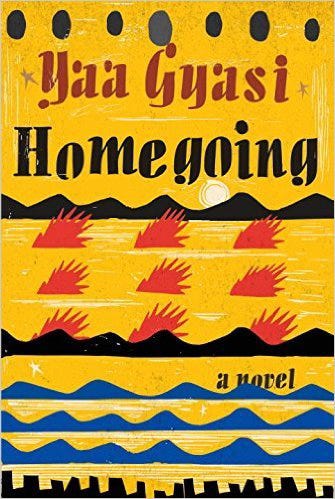
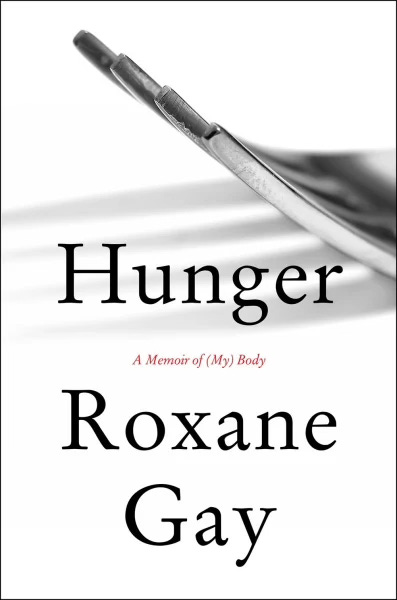
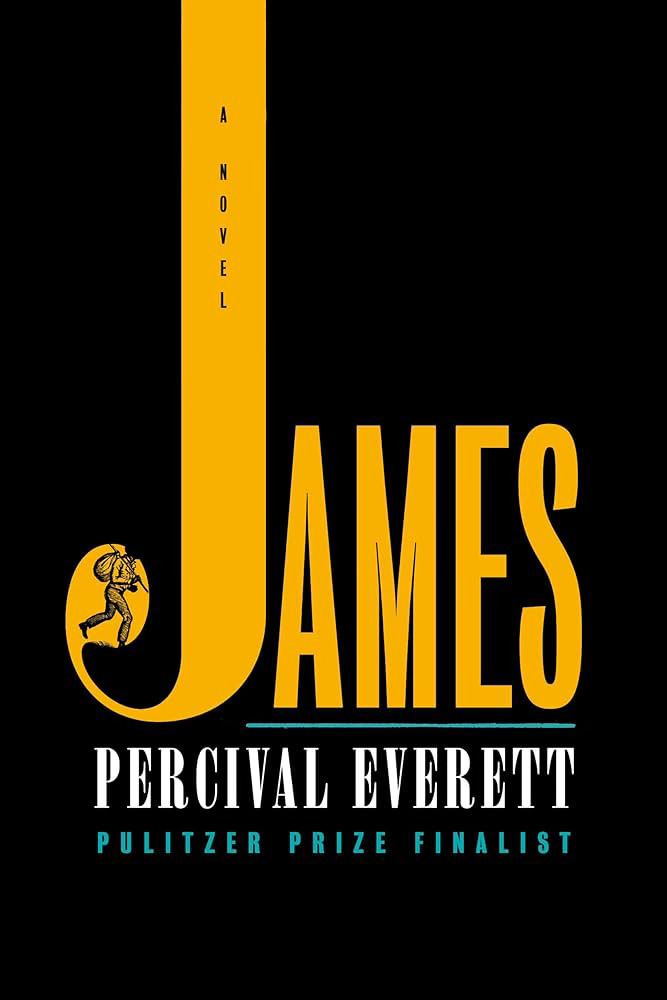
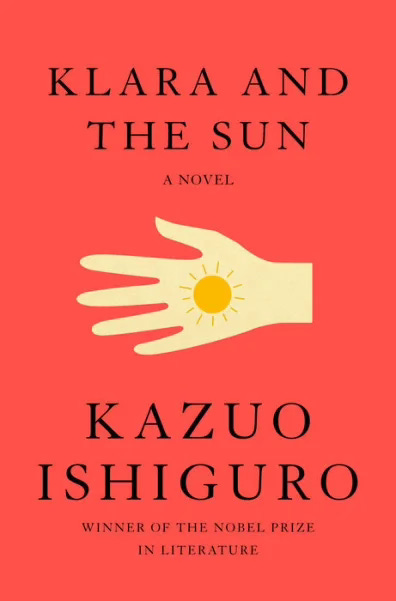

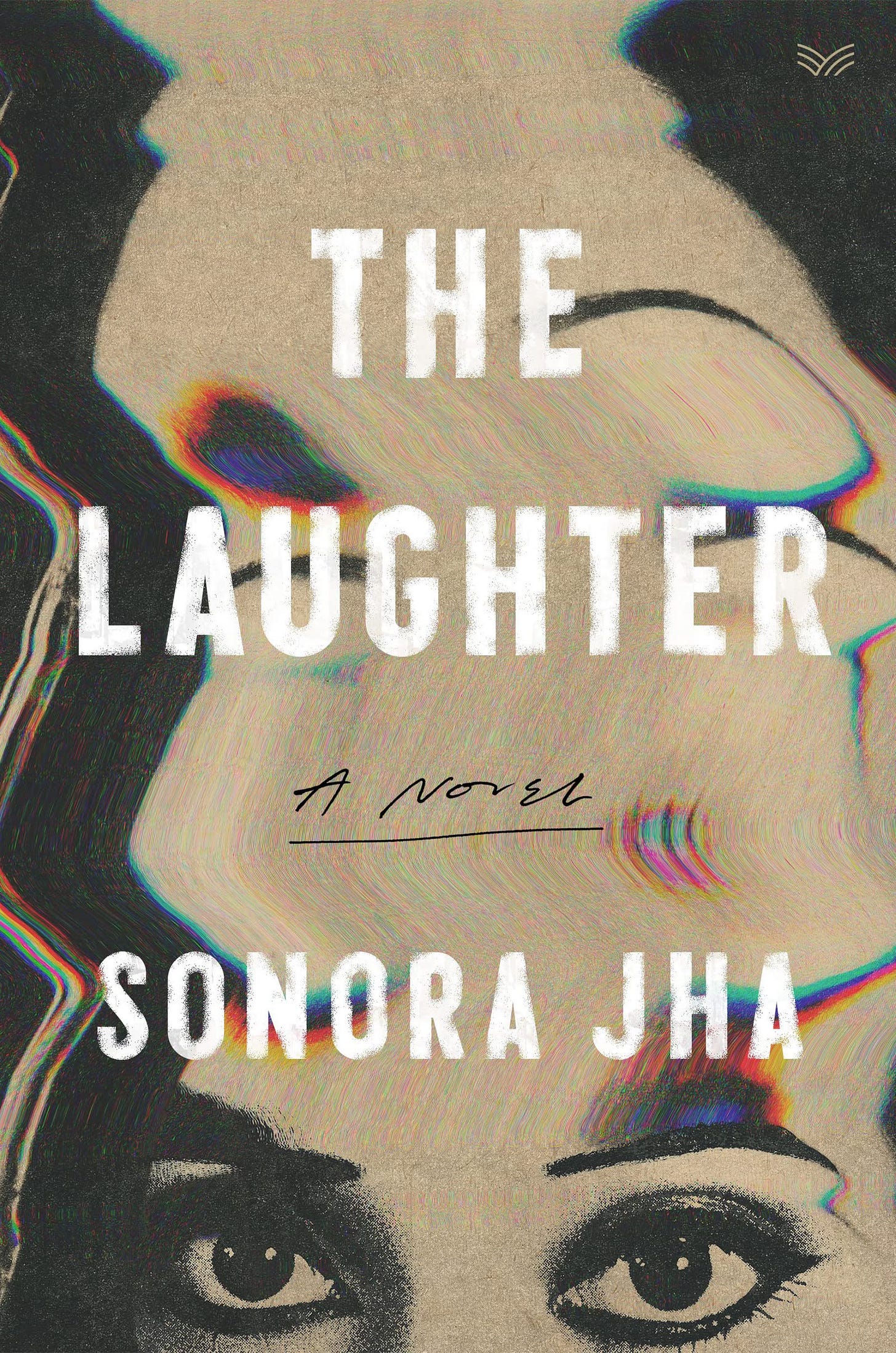
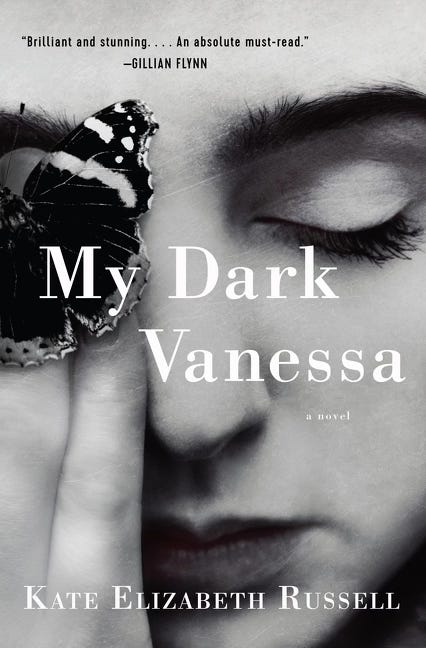
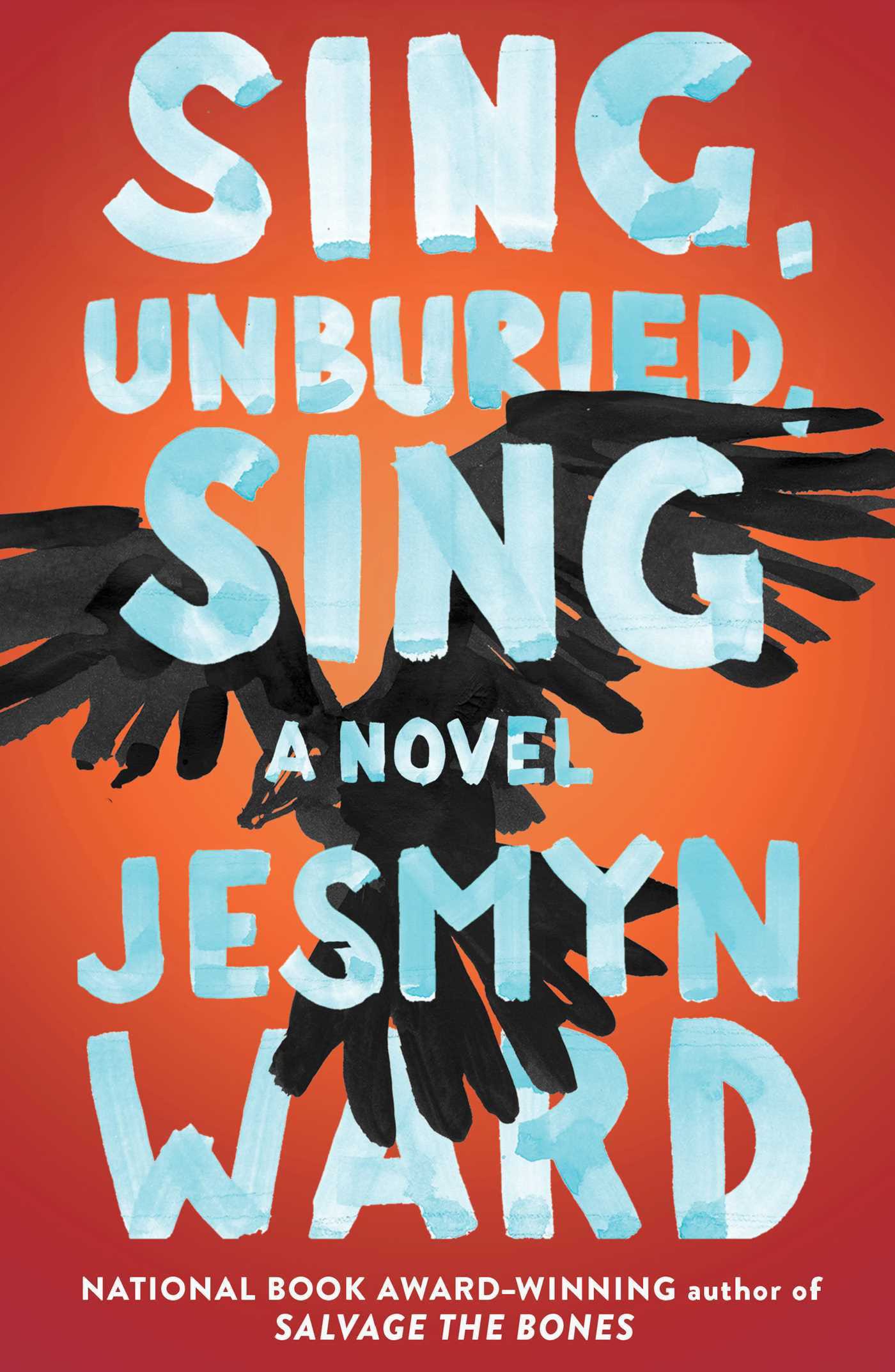
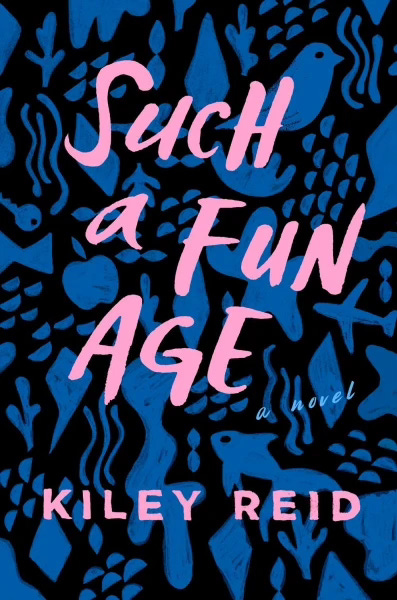
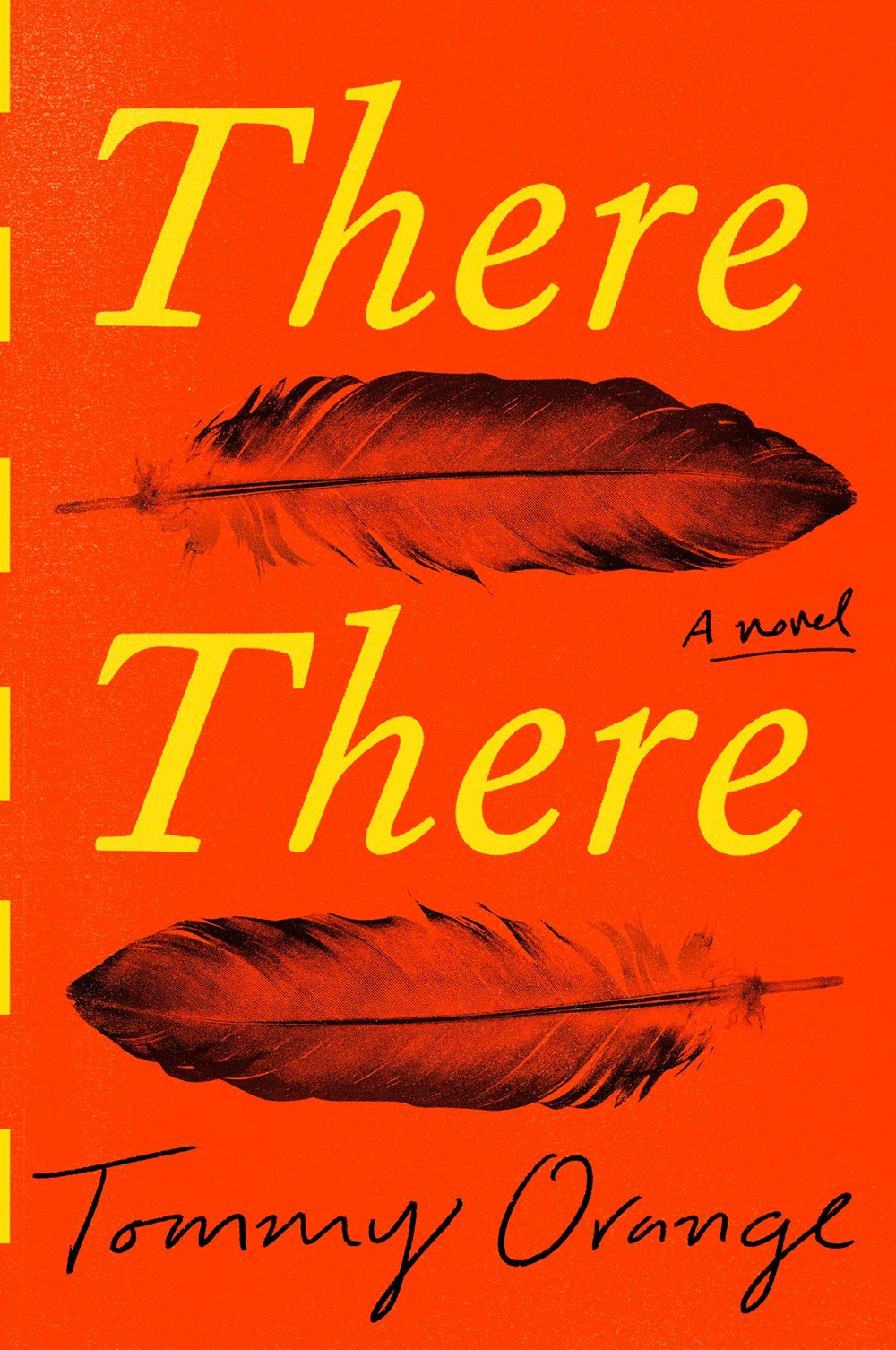
I’m totally with you on the ones I’ve read from this list, especially Homegoing. That book has stayed with me for years in the very best way. I would add The Book Thief to this list. There are so many WWII novels but Zusak’s use of language transformed the story for me. I love the way it speaks to the importance of books and words — and their power. This is a reminder we all need in today’s world.
Your list is great - I haven’t read all of the titles but I’ve added some to my TBR. I think Demon Copperhead should be added to the list. And possibly The Berry Pickers. I love both of those books so much and learned so much from each.